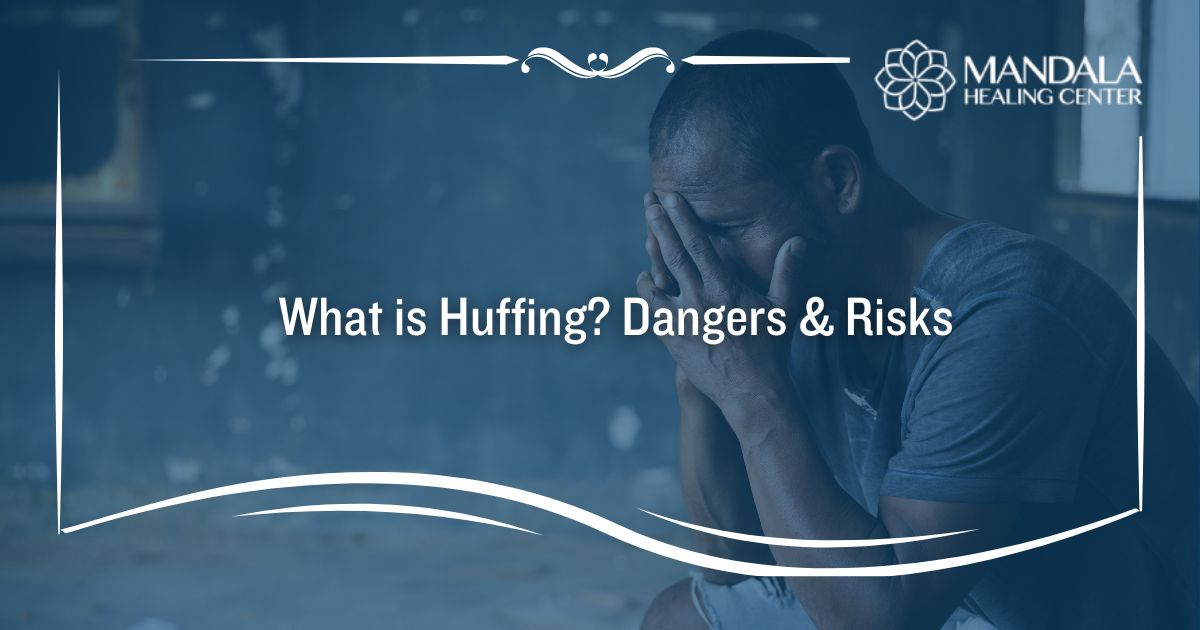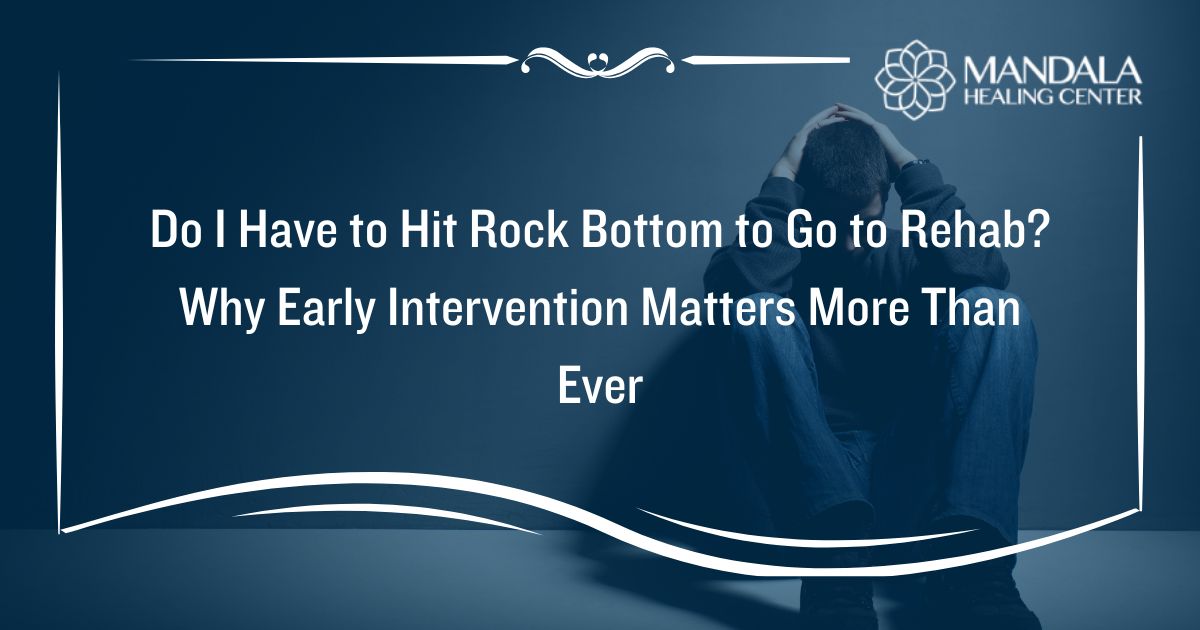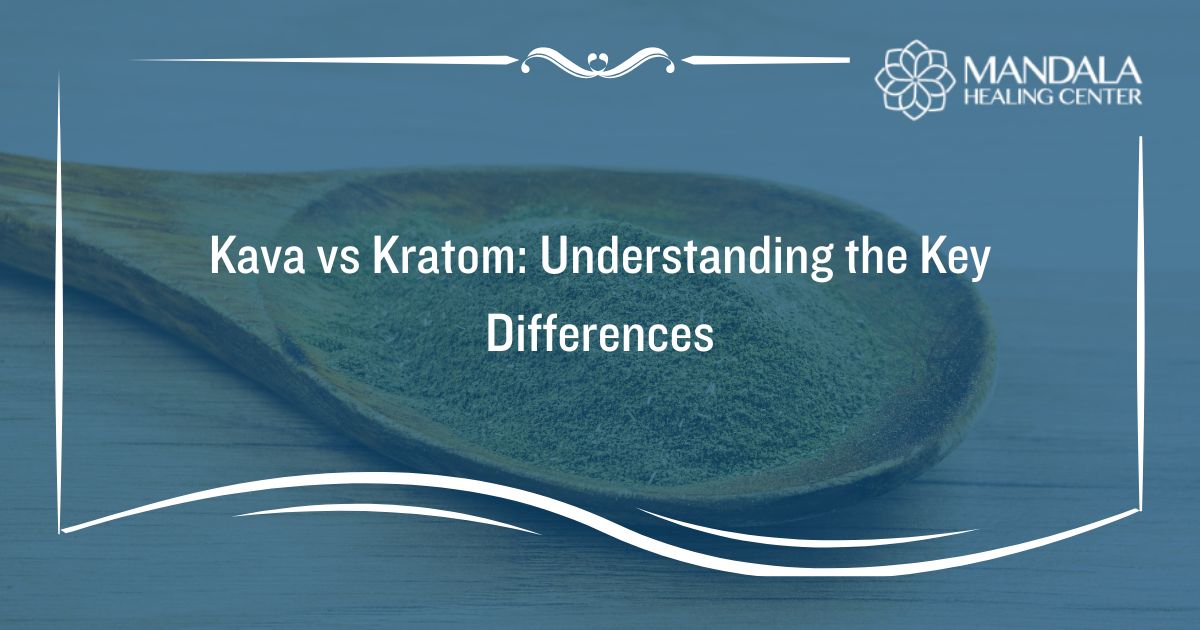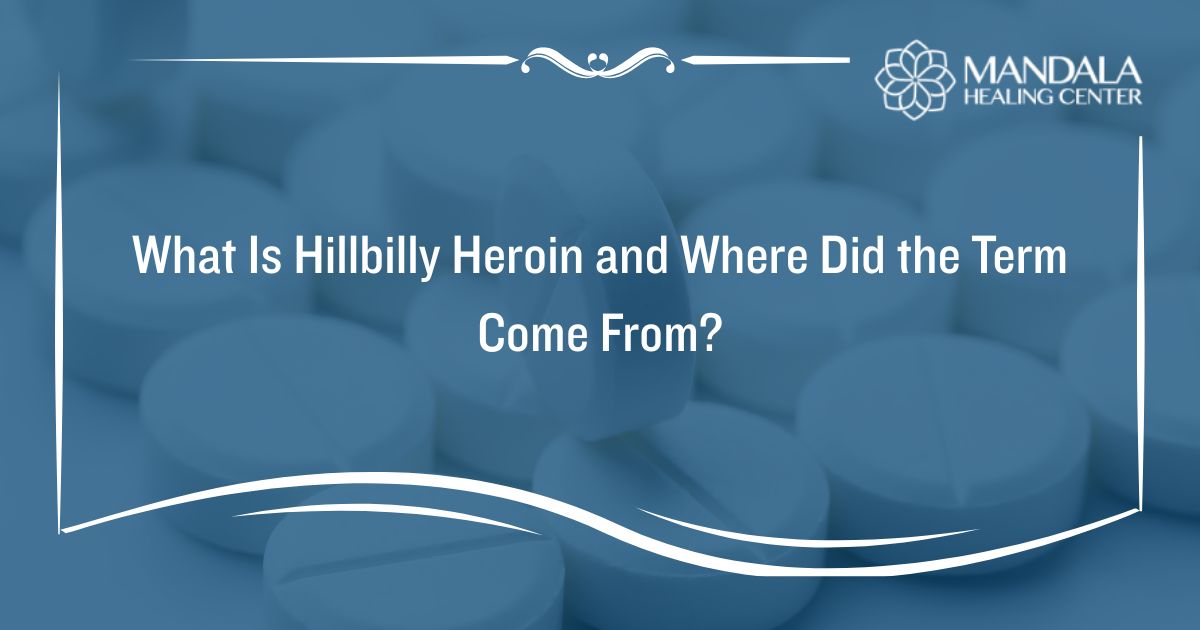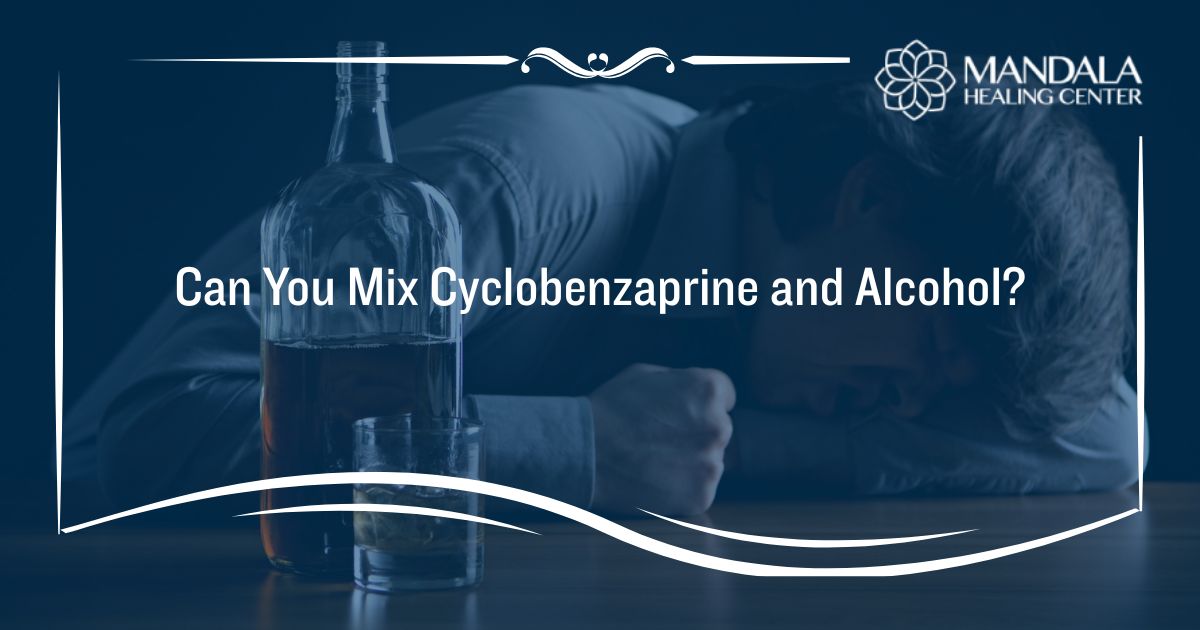Huffing involves inhaling fumes from household products that lead to a mind-altering effect, similar to alcohol intoxication. The drugs that people huff are referred to as “inhalants.” Commonly abused inhalants include glue, cleaning products, paint, and air duster.
Unfortunately, huffing has become popular among teenagers and young adults. Because they usually inhale household cleaning products, it is an easy substance for them to abuse. While inhalants are readily available, that does not mean they are safe to inhale.
People who use inhalants are at risk of a variety of health effects. According to the National Institute on Drug Abuse (NIDA), “The highly concentrated chemicals in solvents or aerosol sprays can induce irregular and rapid heart rhythms and lead to fatal heart failure within minutes of a session of prolonged sniffing.”[1]
Huffing rags soaked with chemicals is never safe. It can also lead to a severe addiction. If you or a loved one abuse inhalants like spray paint, paint thinners, or whipped cream dispensers, it’s time to seek professional help. Mandala Healing Center is here to help you recover from inhalant addiction
In this article, you will learn:
- What huffing is
- Which substances do people huff or inhale
- The dangers of huffing and inhalant misuse
What is Huffing?
Huffing is the act of inhaling soaked rags that have chemicals on them. If you are huffing a drug, that means you are inhaling the substance through your nose or mouth. Doing this causes the substance to be quickly absorbed into the bloodstream, creating a rapid and intense high.
Huffing is a slang term for a type of inhalant abuse. Other ways to misuse inhalants include:[2]
- Sniffing or snorting fumes from containers
- Spraying aerosols directly into your mouth
- Sniffing or inhaling fumes from a plastic or paper bag (“bagging”)
- Inhaling nitrous oxide that is inside of a balloon
Any type of inhalant abuse is dangerous, especially huffing. The effects of inhalants can vary depending on the specific substance. However, most inhalants cause side effects similar to alcohol intoxication like slurred words, euphoria, dizziness, and coordination issues.
What Substances Do People Huff?
There is a wide range of substances that people might huff to experience short-term mind-altering effects.
The main substances that people huff include:[3]
- Volatile solvents – These are liquids that turn into vapor at room temperature. Volatile solvents might include paint thinner, gasoline, glues, and even felt-tip markers.
- Aerosols – Aerosols are sprays that contain propellants and solvents. When you spray them, they turn into a sort of gas. People might abuse aerosols like spray paints, deodorants, and hair spray.
- Gasses – This might include both medical anesthetics and household chemicals. People huff gasses like chloroform, nitrous oxide, halothane, butane lighters, propane, and refrigerants.
- Nitrites – Nitrites are different from most inhalants, as they dilate blood vessels and relax muscles instead of acting on the central nervous system (CNS). Nitrites are often sold in stores as room odorizers, leather cleaners, and liquid aromas.
Dangers of Huffing or Inhalant Abuse
Huffing inhalant drugs is never safe. You could easily suffocate and choke because of the way the fumes affect your lungs. Additionally, abusing inhalants can lead to seizures, coma, and an increased risk of injury due to intoxication.
The common dangers or long-term effects of huffing include:[1]
Asphyxiation and Suffocation
When you repeatedly huff a substance, you are causing your body to have a high concentration of fumes. As a result of this, you could experience a low amount of oxygen in your lungs, leading to asphyxiation.
Additionally, if you are abusing inhalants by using a plastic bag, you could accidentally suffocate from the bag that is placed over your head.
Choking
When you huff an inhalant drug, you become incredibly intoxicated in a short amount of time. Some of these substances can lead to symptoms like vomiting. If you vomit while you are inhaling fumes, you could choke and experience life-threatening side effects.
Seizures and Coma
Huffing inhalant drugs causes your brain to go through a lot of changes. These substances often slow down activity in your central nervous system. However, they can also cause abnormal electrical discharges in your brain, causing you to experience dangerous drug-induced seizures.
Inhalant abuse can also cause your brain to shut down. When most of the activity in your brain has ceased, this means you are in a coma. In other words, huffing can cause you to fall into a coma.
Fatal Injuries
Lastly, huffing drugs causes an intense and rapid high. If you attempt to drive a car, cross the street, or simply stand up from a sitting position, you could experience a fatal injury. The lack of coordination caused by inhalants makes accidents extremely likely.
Finding Help for Inhalant Abuse and Addiction
If you or a loved one huff inhalant drugs, it’s time to seek professional help. At the Mandala Healing Center, we offer evidence-based treatments to help our clients overcome addiction.
Contact us today for more information on how to get started.
References:
- The National Institute on Drug Abuse (NIDA): What are the other medical consequences of inhalant abuse?
- The National Institute on Drug Abuse (NIDA): How are inhalants used?
- The National Institute on Drug Abuse (NIDA): What are inhalants?


